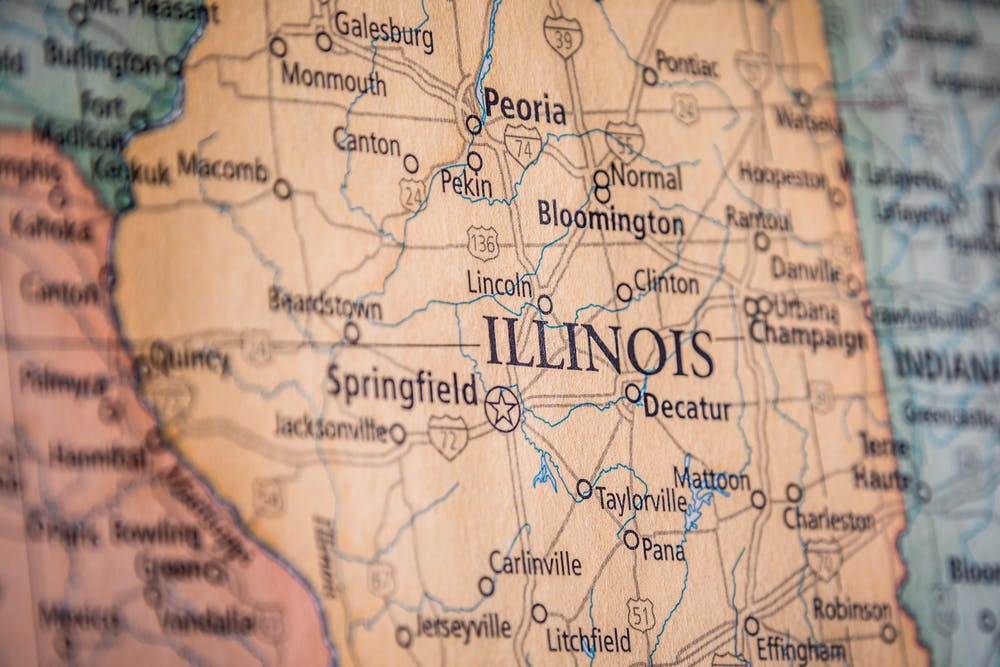Addiction hotlines can be accessed from anywhere and at any time of day, making them a convenient resource for individuals seeking help for drug or alcohol substance abuse in Illinois (IL).
What Are the Addiction Hotlines and Helplines for Illinois?
Below is a list of two free 24/7 helplines for this wanting help in Illinois for a substance abuse disorder.
| Organization Name | Telephone Number | Text Number |
|---|---|---|
| Illinois Helpline | (833) 234-6343 | 833234 |
| Zinnia Health | (855) 430-9439 | None |
These telephone numbers listed are free of charge to call for residents from Illinois, the Prairie State, to call.
Find the location that works for you.

List of Free Illinois Addiction Helplines
Illinois Helpline
Illinois Helpline is a useful resource for individuals dealing with substance use disorder in Illinois, providing free and confidential support and referrals to treatment programs. They offer assistance and guidance to both individuals and families affected by substance use disorder, connecting them with the necessary resources and support to overcome addiction and lead a healthier, fulfilling life.
Zinnia Health
Zinnia Health offers a free 24/7 helpline so you can speak to a qualified support agent who understand the issues with drug and alcohol addiction.
Zinnia Health is a service that offers drug and alcohol rehab centers nationwide. We can help you find the nearest substance abuse treatment program near to you in IL.
Zinnia Health has helped thousands of people across the country recover from drug, alcohol, and mental health disorders.
How Bad is Substance Use Disorder in Illinois?
We shared the following 2020 alcohol-related death stats:
- 1,543 deaths (up 174.1% from 2000)
- 12.3 deaths per 100,000 people (up 173.3% from 2000)
- 2020 state population: 12,587,530 (up 1.4% from 2000)
Illinois is one of the states that reported deaths from counties that accounted for ≥75% of drug overdose deaths in the state in 2017.
In 2019, 7.3% of Medicaid enrollees ages 12 to 64 in Illinois had at least one clinically-identified substance use disorder (SUD) in Medicaid claims data. Opioid use disorder was identified in 3.3% of Medicaid enrollees; alcohol use disorder in 2.5%; cannabis use disorder in 1.9%; stimulant use disorder (including cocaine or other) in 0.7%.
Alcohol-related deaths have been soaring in the past few years in the US, including Illinois. Alcohol taxes have fallen to the lowest rates in a generation, despite the fact that higher alcohol taxes are associated with less excessive drinking and lower rates of disease and injury deaths. After Illinois and Maryland raised alcohol taxes, the states reported reductions in binge drinking and car accidents.

